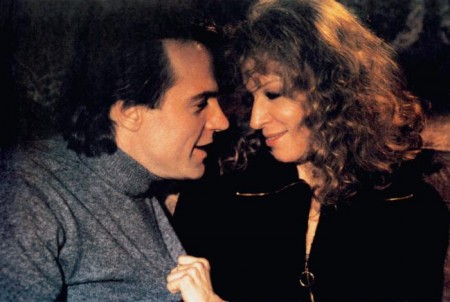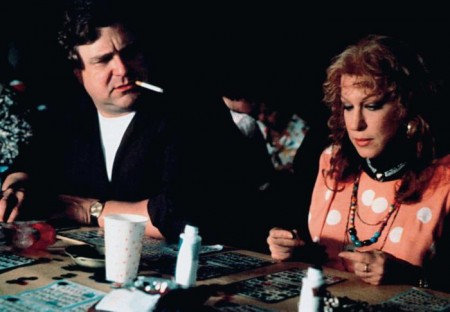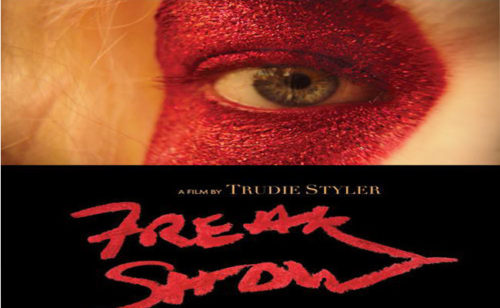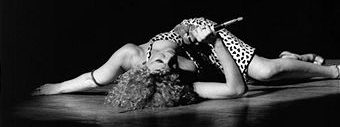Winnipeg Free Press
Lack of character development undermines Midler tearjerker
By Paul McKie
Friday, February 2, 1990
WITH THE release of Stella it w o u ld seem B e t te Midler wants to make a living wringing tears out of movie audiences. This crying-for-dollars approach worked well for Midler in her ’79 screen debut Rose, loosely based on the Janis Joplin story.
After dismal followups to that hit, Midler hit her stride again with a string of goofball comedies. This success garnered the Divine Miss M. a nice contract with Disney’s Touchstone Pictures.
Now in a p o w e r f ul p o s i t i o n, Midler felt safe in returning to the dramatic form she appears to love best. Her first effort was the entertaining weeper Beaches. While Beaches was a moderate hit, it was a disappointment for Touchstone.
Midler herself hasn’t given up on tear-duct cinema in her latest drama Stella (opening today at Polo Park and St. Vital). This time Midler herself is the centre of tragedy as she plays a mother willing to sacrifice everyt h i ng for the h a p p i n e ss of her daughter.
Movie buffs may recognize the title and the storyline as being lifted from the ’37 chestnut Stella Dallas, in which the late Barbara Stanwyck played a stellar Stella and won herself an Oscar nomination. The drama was considered overly sentimental 50 years ago, so it seems inconceivable that anyone in this cynical day would dream of remaking the story, which often verees on the ridiculous.
In a limited sense, Midler is successful w i th Stella because the movie isn’t nearly as hokey or awful as you might expect. Midl er ma rve l lous ly s t r addl es the line between comedy and tragic soap opera. Her screen persona has always been an exercise in exaggeration, so Midler is believable as the crass bar waitress who ends up raising a child by herself.
The drippy drama is well cast ove r a l l. Stephen Collins is the wealthy young doctor whose a f f a ir with Stella produces a daughter. Young Trini Alvarado does a nice turn as Midler’s child, a teenager wi th a penchant for architecture and the arts who is torn between the glossy, high-class world of her New York dad and the discount store, homespun life with mom.
But while the screenwriters have successfully modernized a self-conscious tearjerker, they sacrificed character development. Most obvious is Midler’s dedicated, if drunk, best friend, played by John Goodman of TV’s Roseanne.
Goodman’s skill is in imbuing badly written roles with nuances that stretch the characters to fullblooded status. Not so this time out. Goodman only has a brief appearance at the beginning of Stella where he shows compassion and understanding toward Midler. The rest of the time he’s an obnoxious drunk. You can’t comprehend why Midler would
continue her relationship with the lout.
These lapses occur with Midler’s best female friend (an almost nonexistent Linda Hart) and the snooty Eileen Brennan, whose role appears to have been largely relegated to the cutting-room floor.
The most unfortunate dramatic character deficiency is with Marsha Mason‘s slim part as Collins* wealthy lady love. One of the strongest dramatic confrontations in the original f i lm occurs when mom goes to face this woman.
But when Midler visits Mason the scene is f l at because we have no sense of who Mason is and how she feels about Midler’s sacrifice. This serves to dim the climactic teary f ina le ( l i f t ed entirely from the origina l, right down to the pouring rain) and weaken some of the finer moments of this dramatic comedy.
It’s a tolerable e f for t, but Midler may be crying the box-office blues if modern audiences don’t take to the old-fashioned suds.









